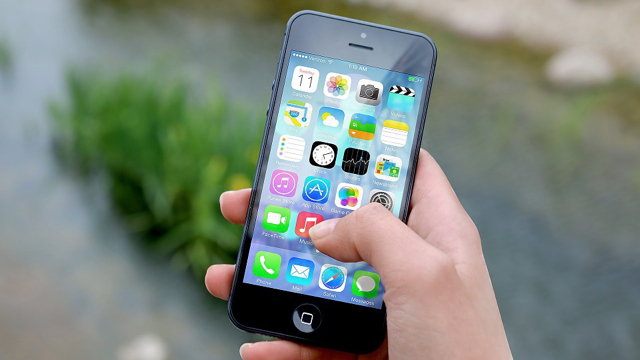Studies Show Smartphones, Social Media Cause Brain Drain
October 10, 2017
According to data collected by Apple, the typical iPhone owner uses his or her phone 80 times a day, which equals 30,000 times over the year. Now scientists are researching what happens to our minds when our phone is a constant companion that dominates our perception and cognition. What they’ve discovered is that, as our brains become dependent on the phones, our intellect becomes weaker, an effect that continues even when we aren’t using them. There are some in Silicon Valley that are increasingly concerned by the unintended consequences of smartphone and app use.
The Wall Street Journal reports that University of Texas at Austin cognitive psychologist/marketing professor Adrian Ward is one scientist studying how smartphones and the Internet shape our thoughts and judgments. He’s finding “mounting evidence that using a smartphone, or even hearing one ring or vibrate, produces a welter of distractions that makes it harder to concentrate on a difficult problem or job.”
A 2015 Journal of Experimental Psychology study found that when a person engaged in a challenging task hears her phone beep or buzz, she loses focus and her work becomes sloppier, and a 2015 Journal of Computer-Mediated Communication study showed that when people hear their phone ring but can’t answer it, their blood pressure rises and their problem-solving skills ebb.
Even though study participants didn’t think their phones distracted them, a study showed that, “as the phone’s proximity increased, brainpower decreased.” Ward and colleagues, in the Journal of the Association for Consumer Research, noted the “integration of smartphones into daily life” appears to cause a “brain drain” that can diminish “learning, logical reasoning, abstract thought, problem solving, and creativity.”
The Guardian reports that, “a small but growing band of Silicon Valley heretics,” mainly composed of designers, engineers and product managers, are pulling back from “an Internet shaped around the demands of an advertising economy.” As Justin Rosenstein, who was on the Facebook team that created the “like” button said, “it is very common for humans to develop things with the best of intentions and for them to have unintended, negative consequences.”
These renegades are not just worried about addiction to smartphones and apps, but how digital technology helps create “continuous partial attention,” which can limit one’s ability to focus and possibly lowers IQ.
Rosenstein and his like-minded colleagues also believe that, “digital forces have completely upended the political system and, left unchecked, could even render democracy as we know it obsolete.” Former Google employee Tristan Harris, who some call the “conscience” of Silicon Valley, has detailed all the ways that technologies from LinkedIn to Snapchat and YouTube are constructed so that “billions of people have little choice over whether they use these now ubiquitous technologies.”
“The people who run Facebook and Google are good people, whose well-intentioned strategies have led to horrific unintended consequences,” he said. “The problem is that there is nothing the companies can do to address the harm unless they abandon their current advertising models. The attention economy incentivises the design of technologies that grab our attention. In so doing, it privileges our impulses over our intentions.”


No Comments Yet
You can be the first to comment!
Sorry, comments for this entry are closed at this time.